20 years since fateful Communist Party session
Twenty years ago this day, the Serbian Communist Party Central Committee held its 8th Session.
Monday, 24.09.2007.
20:37

Twenty years ago this day, the Serbian Communist Party Central Committee held its 8th Session. The gathering, which propelled Slobodan Milosevic to power, is viewed by many as the watershed that determined Serbia's fate in decades to come. 20 years since fateful Communist Party session Those who supported Milosevic then and his admirers today believe the event from two decades ago marked "the beginning of reforms in Serbia," while his opponents see it as the start of many years of tragedy and wars for the people of former Yugoslavia. The session was also the event that saw a definitive parting of company between Slobodan Milosevic, then head of the Communist Party of Serbia, and Ivan Stamblic, head of the Yugoslav collective presidency. The 1987 session was called to deal with another party official, Belgrade party head Dragisa Pavlovic, in the wake of his criticism of Milosevic's dealing with Kosovo. Pavlovic deemed Milosevic's handling of the brewing Kosovo crises as more likely to bring harm than resolution. But the real conflict was that between Milosevic and Stambolic, which saw the former emerge as the victor, allowing him a position of power to stir Serbia and Yugoslavia toward the tragic decade that followed. "The president of the City Committee [Pavlovic] should not be brought down simply because Slobodan Milosevic, or anyone else for that matter, saw an allusion to his person in one uttered sentence…" "The society and the organization [the Communist Party] can carry on without any one member, whoever they may be (…) but the way it rids itself of its people is not inconsequential," Stambolic said. But the hard-line, headed by Milosevic, won the vote, and soon after both Stamblic and Pavlovic were removed from office. Milosevic's subsequent reign over Serbia saw the end of Yugoslavia, wars, inflation, sanctions, impoverishment, galloping crime and in the end a war on Serbia's own territory, the 1999 NATO intervention. Stamblic, who was Milosevic's friend and political mentor prior to the split, withdrew from political life. On August 25, 2000, only one month before Milosevic's ouster, he was reported missing. Three years later his remains were found in Fruska Gora, Vojvodina, buried in a grave in a forest. State Security (DB) Special Operations Unit (JSO) members led the police to the site several days after the murder of Prime Minister Zoran Djindjic, when the nation learned Stamblic was kidnapped and executed. The verdict in the trial which saw JSO members convicted of the crime, said Stambolic was murdered on Milosevic's orders. Milosevic (left) shakes Stambolic's hand during the 8th Session
20 years since fateful Communist Party session
Those who supported Milošević then and his admirers today believe the event from two decades ago marked "the beginning of reforms in Serbia," while his opponents see it as the start of many years of tragedy and wars for the people of former Yugoslavia.The session was also the event that saw a definitive parting of company between Slobodan Milošević, then head of the Communist Party of Serbia, and Ivan Stamblić, head of the Yugoslav collective presidency.
The 1987 session was called to deal with another party official, Belgrade party head Dragiša Pavlović, in the wake of his criticism of Milošević's dealing with Kosovo.
Pavlović deemed Milošević's handling of the brewing Kosovo crises as more likely to bring harm than resolution.
But the real conflict was that between Milošević and Stambolić, which saw the former emerge as the victor, allowing him a position of power to stir Serbia and Yugoslavia toward the tragic decade that followed.
"The president of the City Committee [Pavlović] should not be brought down simply because Slobodan Milošević, or anyone else for that matter, saw an allusion to his person in one uttered sentence…"
"The society and the organization [the Communist Party] can carry on without any one member, whoever they may be (…) but the way it rids itself of its people is not inconsequential," Stambolić said.
But the hard-line, headed by Milošević, won the vote, and soon after both Stamblić and Pavlović were removed from office.
Milošević's subsequent reign over Serbia saw the end of Yugoslavia, wars, inflation, sanctions, impoverishment, galloping crime and in the end a war on Serbia's own territory, the 1999 NATO intervention.
Stamblić, who was Milošević's friend and political mentor prior to the split, withdrew from political life.
On August 25, 2000, only one month before Milošević's ouster, he was reported missing.
Three years later his remains were found in Fruška Gora, Vojvodina, buried in a grave in a forest.
State Security (DB) Special Operations Unit (JSO) members led the police to the site several days after the murder of Prime Minister Zoran Đinđić, when the nation learned Stamblić was kidnapped and executed.
The verdict in the trial which saw JSO members convicted of the crime, said Stambolić was murdered on Milošević's orders.










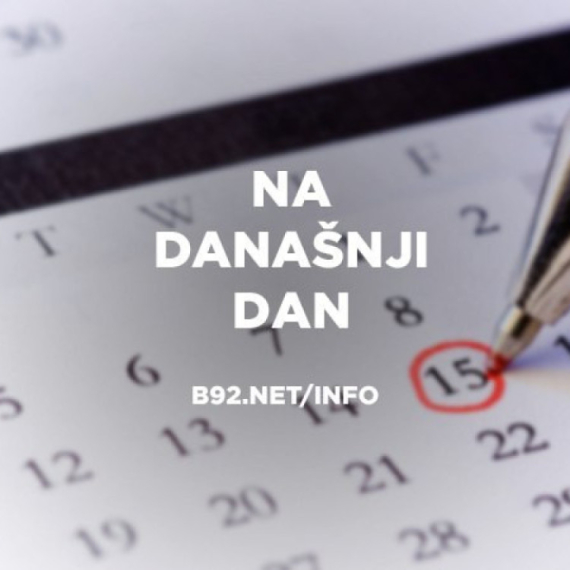
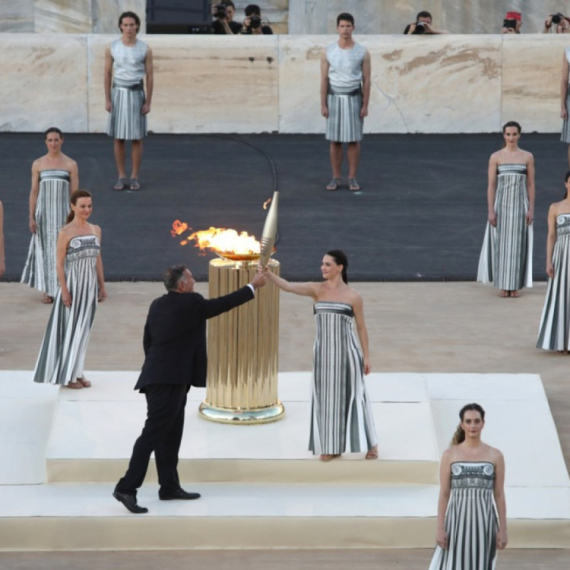
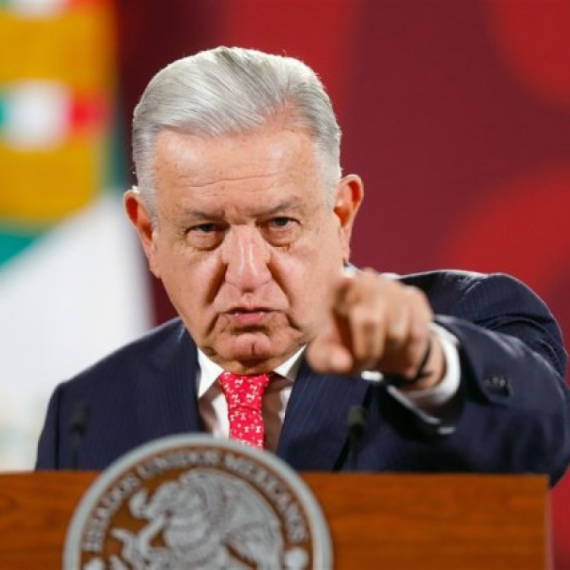



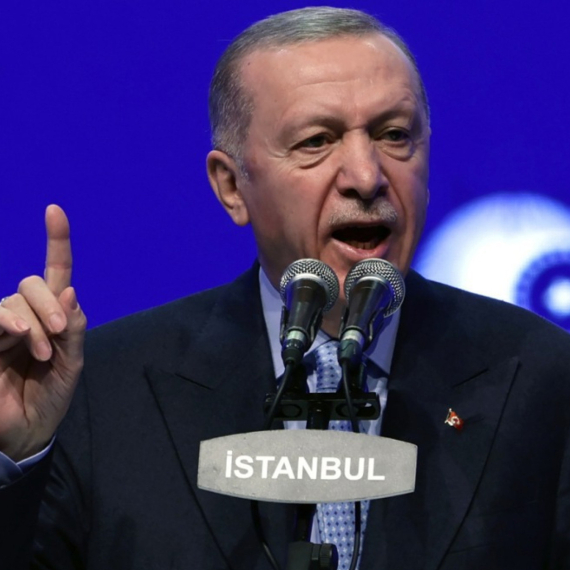

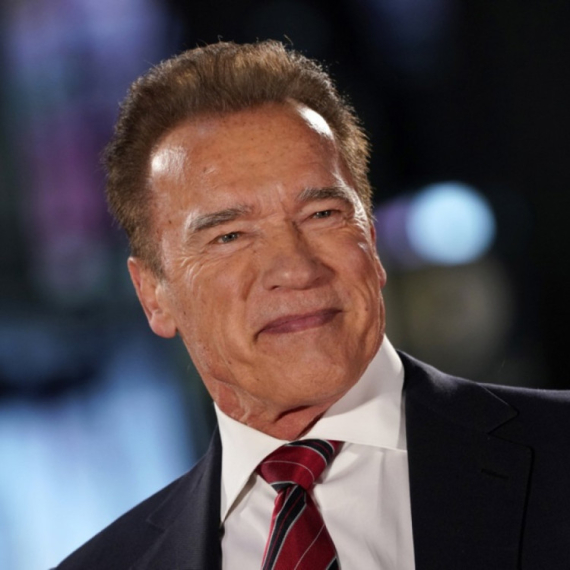
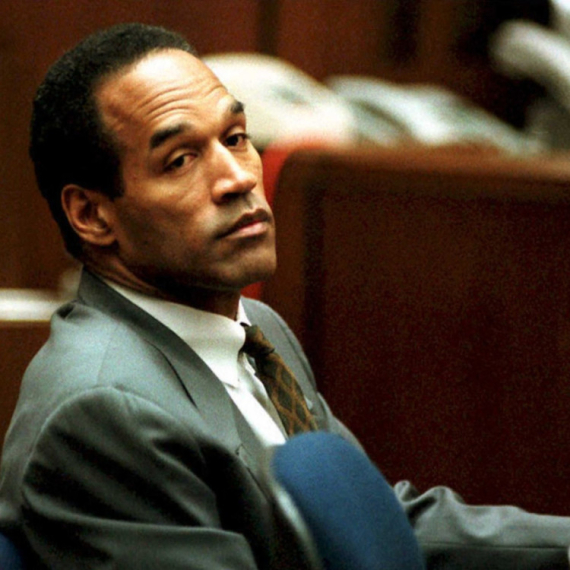
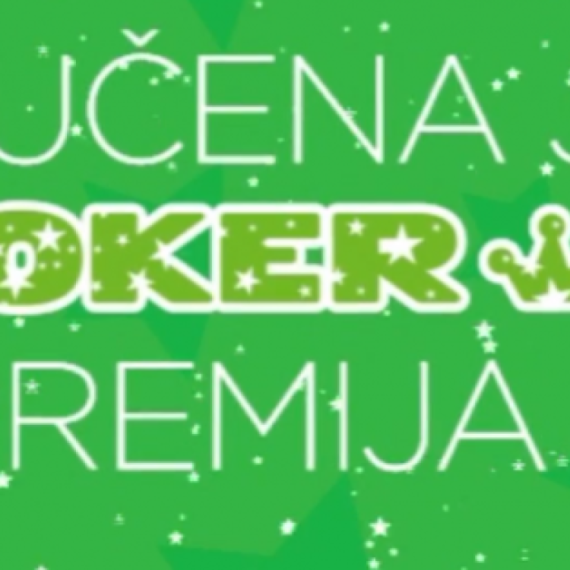
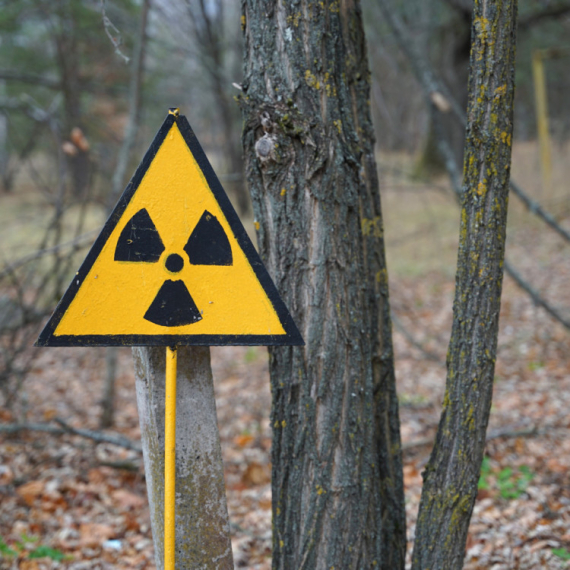




































Komentari 2
Pogledaj komentare